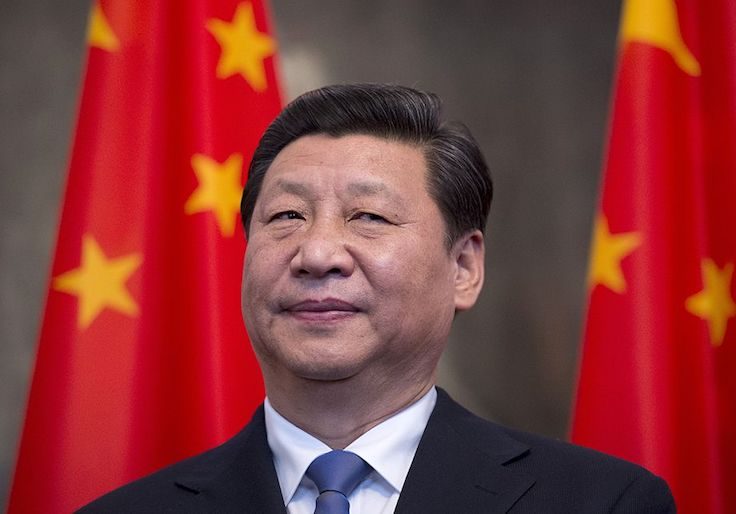Chinese LSAT prep companies have allowed students to access stolen questions, the Free Beacon has learned

Chinese LSAT preparation companies have violated the security of remotely administered exams for years, allowing Chinese nationals to access stolen questions and take the place of qualified Americans, the CEO of a U.S. test preparation company told the Washington Free Beacon.
The CEO, Dave Killoran of PowerScore, revealed that a Chinese whistleblower, frustrated with how easy cheating on the LSAT appeared to be, contacted him in May of this year with what he claimed were stolen questions.
“After a review of those questions, I quickly determined they were actual LSAT questions,” Killoran said.
PowerScore and the Law School Admission Council (LSAC)—the body responsible for creating and administering the LSAT—are the only groups with legal access to test material still in use, Killoran explained. Since the COVID-19 pandemic, LSAC has allowed students to take the test remotely. In China, online testing has spawned an industry of companies that bypass LSAC’s “remote security measures,” allowing cheating agents to take the test from anywhere in the world by posing as students and using fake IDs.
While taking the remote exams, these agents take screenshots of questions. The screenshots end up being “compiled into PDFs and sold to students who can’t pay the high fees for a proxy test taker,” Killoran told the Free Beacon.
LSAC regularly reuses content from tests, meaning those Chinese students who cannot afford a proxy simply study the ill-gotten documents in the hope that the same questions will appear on their exams.
Killoran told the Free Beacon that to solve the problem, LSAC must stop online testing entirely until it can find a more permanent solution.
“If they take the necessary steps to completely stop the cheating, then the issue will go away quickly,” he said. “If they do not, the cheating will continue, and that becomes an existential threat to the use of the LSAT. If cheating continues and scores become unreliable, what’s the use of the LSAT in admissions?”
An August announcement from LSAC indicates that the organization is aware of the problem. It said it would suspend online testing in China for all LSATs after the October sitting, citing increased concern “about organized efforts by individuals and companies in mainland China to promote test misconduct.”
Rick Hess, director of education policy studies at the American Enterprise Institute, told the Free Beacon that U.S. law schools should be “banging on the door of the State Department asking for a federal watchlist of nations that host or encourage this kind of fraud to help create a legal mechanism to help universities defend themselves against fraud.”
The snag, he said, is that law schools “don’t care enough.” And perhaps more concerning than Chinese companies gaming the LSAT is the possibility that they have done so in national security-related fields.
“If you’re the Chinese Communist Party, you’re making a list of parts of American higher education that you’re eager to penetrate,” Hess continued. “I suspect that if they’re cheating their way into American law schools, I think the way to read that is that they’ve already saturated all of the more valuable disciplines.”
As the Free Beacon has reported, Beijing has indeed meddled in other areas of U.S. higher education. The CCP has transformed Harvard University into “a fertile human capital recruiting ground” through investments in the school, enlisting professors and students in projects that contribute to China’s missile program, nuclear industry, and quantum computer construction.
The university also trained members of a Chinese “paramilitary organization” after the United States government sanctioned the group for its role in the Uyghur genocide.
The CCP has set its sights on the University of California, Berkeley, as well: The school received donations from a blacklisted Chinese research university, Chinese Communist Party officials, and a Beijing state-owned chemical company, according to records obtained by the Free Beacon.
The issue of Chinese influence in higher education in the United States is a concern for Republicans, a Vandenberg Coalition-TargetPoint poll conducted in early September found. More than 91 percent of Trump supporters reported being worried about the prevalence of Chinese-tied student groups at U.S. universities.
LSAC did not respond to repeated requests for comment.
Original News Source – Washington Free Beacon
Running For Office? Conservative Campaign Management – Election Day Strategies!
